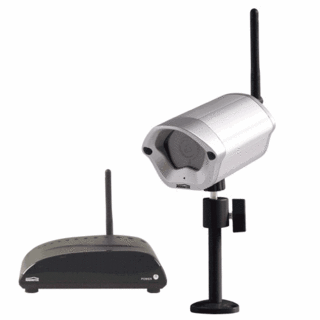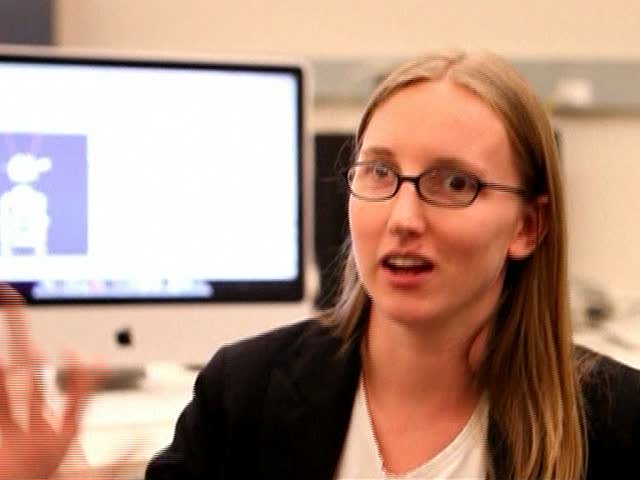U.S., Microsoft Present Final Legal Briefs.
Published:
15 September 1999 y., Wednesday
Lawyers for the government and Microsoft Corp. restated their arguments in a final, voluminous stack of legal briefs that they submitted to the federal judge hearing the antitrust case against the company.As expected, each side_s documents--intended to summarize the key facts they believe they proved during the six-month trial--took sharply divergent views of the eight-month trial, at which final evidence was presented in June. Closing arguments begin later this month. The government argued that Microsoft has engaged in a series of anti-competitive practices to monopolize the market for personal computer operating systems with its Windows software, and that it improperly used its market clout to try to dominate other parts of the software industry."Microsoft used sufficient measures to thwart potential threats to its operating system monopoly," the government wrote. "Unwilling to compete on the merits, Microsoft routinely trampled on consumer interests in the process." Microsoft maintained that the evidence introduced by the government is not sufficient to prove an antitrust violation. It also contended it does not have a monopoly with Windows, and, as such, cannot have broken antitrust laws. Microsoft urged the judge to take "judicial notice" of numerous recent developments that the company contends pose a threat to the dominance of Windows, including the financial success of Red Hat Inc., which makes a rival operating system called Linux. Red Hat_s shares, offered to the public at $14 last month, closed at $119.75 yesterday. Government lawyers, Microsoft wrote, "fail to proffer evidence supporting essential elements of their claims and attempt to brand as "anti-competitive" normal competitive behavior that has plainly benefited consumers." Both sides filed similar summaries last month. Yesterday_s filings were meant to respond to points made in opponents_ documents.
Copying, publishing, announcing any information from the News.lt portal without written permission of News.lt editorial office is prohibited.
The most popular articles
Software company announced new structure_ of it_s business.
more »
 Just a few weeks ago, the world's tiniest video camera was as small as a grain of rice. Today, the world's NanoEst camera is even smaller.
more »
Just a few weeks ago, the world's tiniest video camera was as small as a grain of rice. Today, the world's NanoEst camera is even smaller.
more »
 During the experiment two research groups managed to overcome a symbolic 100 TB/s optical fiber data transmission speed limit.
more »
During the experiment two research groups managed to overcome a symbolic 100 TB/s optical fiber data transmission speed limit.
more »
 Apple’s long–awaited online storage service for iTunes could be named iCloud, if only rumours are to be believed.
more »
Apple’s long–awaited online storage service for iTunes could be named iCloud, if only rumours are to be believed.
more »
 The founders of video-sharing site YouTube have bought bookmarking service Delicious from Yahoo.
more »
The founders of video-sharing site YouTube have bought bookmarking service Delicious from Yahoo.
more »
 The successful raid by hackers on Sony’s PlayStation Network is already being ranked among the biggest data thefts of all time.
more »
The successful raid by hackers on Sony’s PlayStation Network is already being ranked among the biggest data thefts of all time.
more »
 Apple has denied that its iPhones and 3G iPads have been secretly recording their owners' movements.
more »
Apple has denied that its iPhones and 3G iPads have been secretly recording their owners' movements.
more »
 Customers who have waited nearly 10 months for the white version of the iPhone 4 won’t have to wait much longer. The Great White iPhone 4 is finally here.
more »
Customers who have waited nearly 10 months for the white version of the iPhone 4 won’t have to wait much longer. The Great White iPhone 4 is finally here.
more »
 Researchers at Georgia Tech University are teaching a robot the basics of dialogue. Named "Simon", the robot has already been taught how to attract a person's attention but eventually, it's hoped he'll be able to interact and converse with humans in daily life.
more »
Researchers at Georgia Tech University are teaching a robot the basics of dialogue. Named "Simon", the robot has already been taught how to attract a person's attention but eventually, it's hoped he'll be able to interact and converse with humans in daily life.
more »
 3D? Terribly lame when it's tossed into devices as a bullet point feature. Trimensional for iPhone takes a picture of your face and maps your mug in a 3D model.
more »
3D? Terribly lame when it's tossed into devices as a bullet point feature. Trimensional for iPhone takes a picture of your face and maps your mug in a 3D model.
more »
 The European Union is to investigate whether internet service providers (ISPs) are providing fair access to online services.
more »
The European Union is to investigate whether internet service providers (ISPs) are providing fair access to online services.
more »